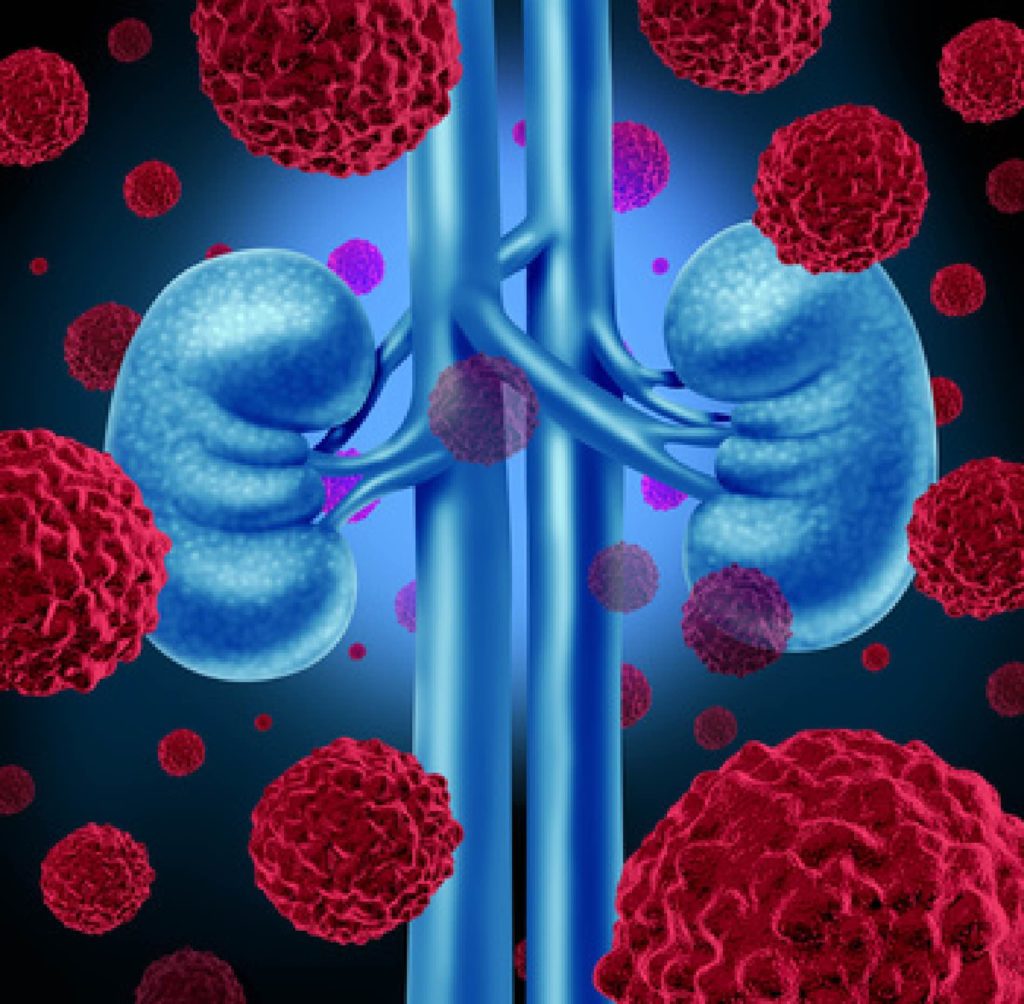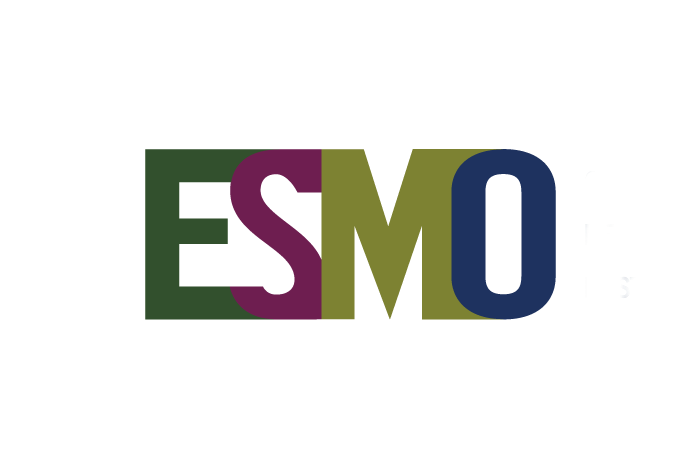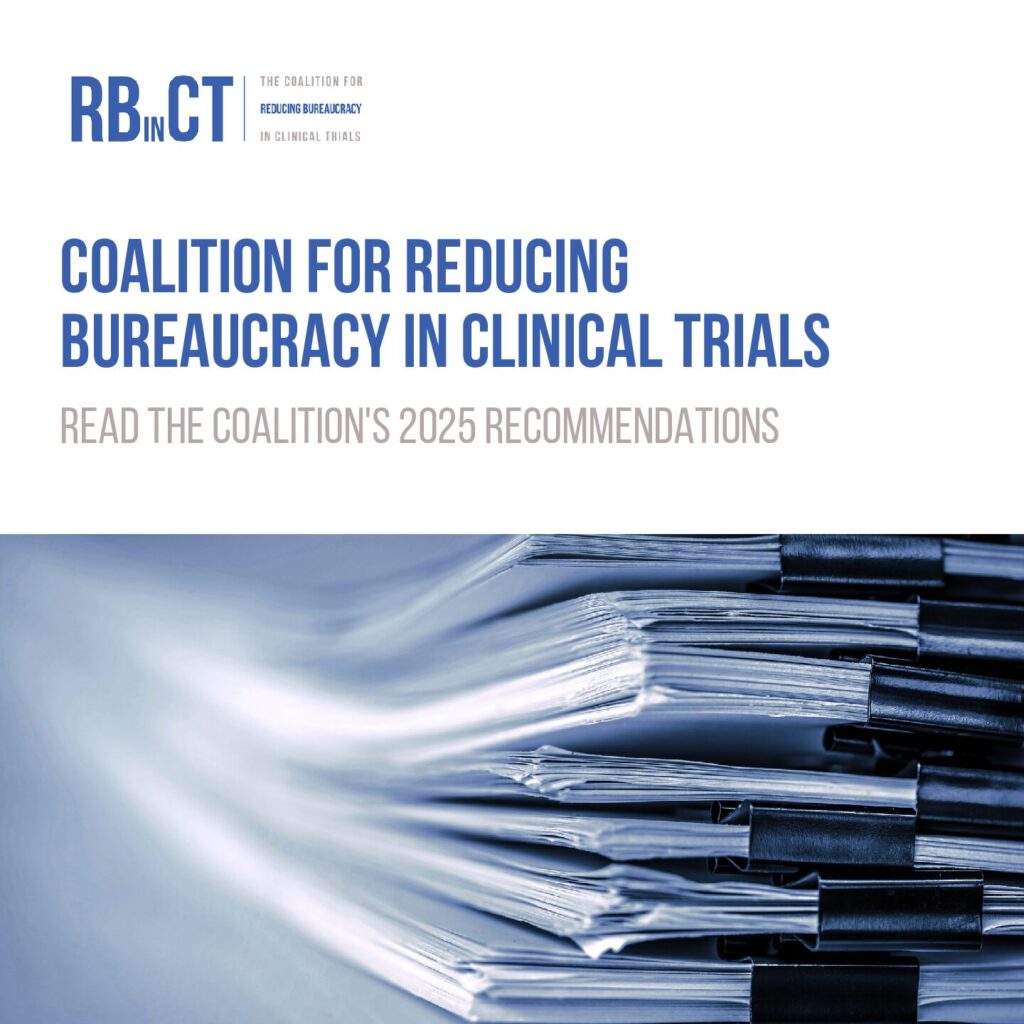Share this Page:
The European Medicines Agency’s (EMA’s) Committee for Medicinal Products for Human Use (CHMP) has given belzutifan a conditional marketing authorisation for the treatment of advanced clear cell kidney cancer and von Hippel-Lindau (VHL) disease-associated tumours.
Kidney cancers frequently have mutations in a gene called the von Hippel-Lindau (VHL) gene, resulting in high levels of a protein called hypoxia-inducible factor, or HIF-2α. This results in a number of changes in the cancer cells and their surrounding environment that favour tumour growth. The novel HIF-2α inhibitor, belzutifan, blocks the action of HIF-2α and blocks cancer cell growth.
In clinical trials, belzutifan has shown a significant benefit over everolimus with respect to the time to when the cancer starts growing again (progression-free survival) and response to treatment in previously treated patients with advanced kidney cancer.
The most common side effects are anaemia, fatigue, nausea, shortness of breath, dizziness and low blood oxygen levels.
Belzutifan is indicated as monotherapy for the treatment of adult patients with advanced clear cell kidney cancer that has progressed following two or more lines of therapy that included an immunotherapy and at least two targeted therapies.
Belzutifan has not yet been approved by the UK regulator (MHRA) for the treatment of advanced kidney cancer. Currently, the MHRA has only approved belzutifan for the treatment of adults with VHL-associated kidney cancer, central nervous system tumours, or pancreatic tumours, for whom localised procedures are unsuitable. Belzutifan is approved for use by NHS England under a managed access scheme and is available on the NHS in Scotland for the treatment of VHL-associated tumours, only.















